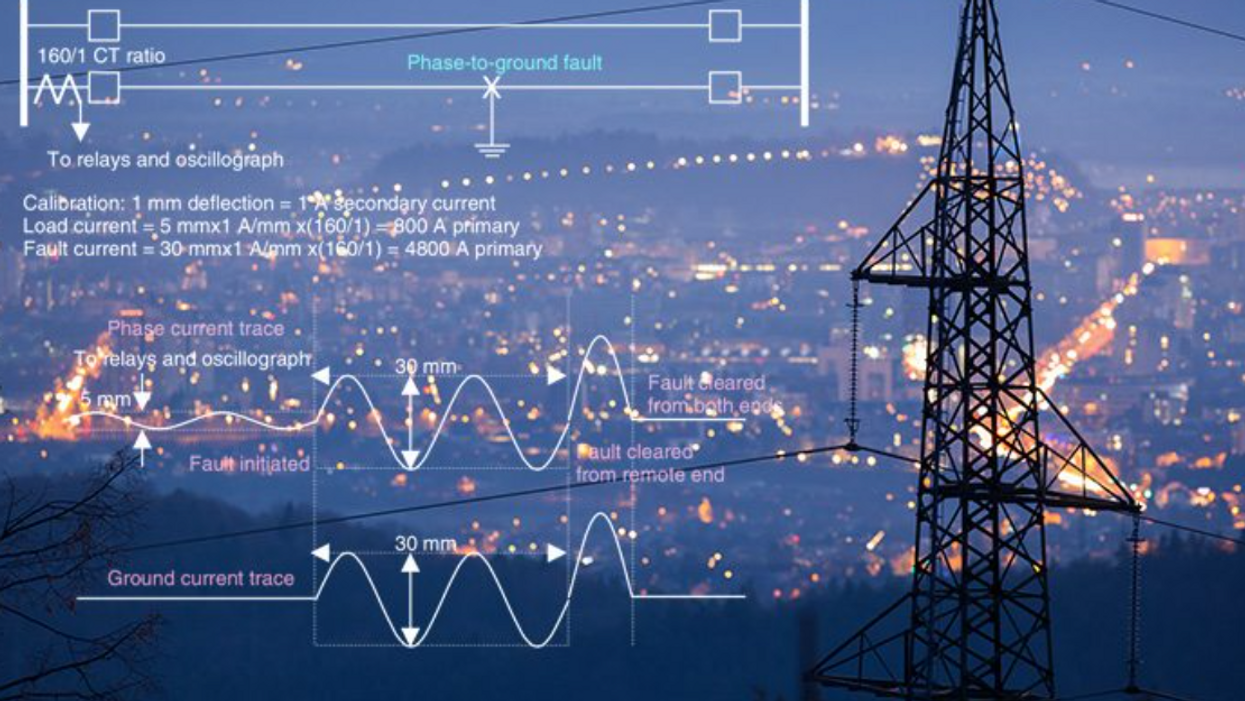A Real 'Infrastructure Week' Is Coming -- And May Last A Decade
Soon enough, America will once again mark "infrastructure week" — except that next time, the catchphrase popularized by former President Donald Trump might become more than a late-night-comic's punchline. Now that President Joe Biden and Democratic congressional leadership have enacted the American Rescue Plan, providing $1.9 trillion to support families, health care and education needs, their anticipated next step is the fulfillment of Trump's unkept promise to rebuild the country's transportation, energy and environmental systems.
Whether Trump ever intended to actually create or even propose a real infrastructure program is as mysterious as anything else about his state of mind. He was once a construction executive, after all, and he did sincerely try to put up that idiotic border wall.
But like so many other notions connected with his presidency, "infrastructure" never amounted to anything, its failure owed to his own incapacities, his corrupt administration and his party's ideological fixations. While he watched TV and munched fries, his transportation secretary greased her own family's company — and his other appointees attempted to misuse the "infrastructure" concept to neuter environmental regulations and sell off public lands.
Still, Trump had the right impulse. As he surely knew, rebuilding all the things that have helped make America great, from roads and bridges and ports to electrical grids and broadband networks, is exceptionally popular. No survey ever taken on the topic has showed anything but wide, enthusiastic public support for very large expenditures on such projects, from Republicans, Democrats and independents. In 2019, Gallup's Frank Newport wrote, "Every bit of polling evidence I have reviewed shows that Americans are extremely supportive of new government infrastructure legislation," a point he reiterated last December. Infrastructure schemes have drawn sufficient congressional support to pass in some form during almost every recent administration.
Certainly, Biden understands this fundamental fact of American politics well, as he demonstrated by adopting the slogan "Build Back Better." He hasn't been in this business for a half-century without learning anything. What he also knows, however, is that the negligence and half-measures of decades past have left our systems in terrible condition, requiring an enormous investment over the coming decade to make any progress toward modernization.
Almost routinely, the American Society of Civil Engineers warns us that the nation's infrastructure systems overall deserve no better than a grade of "D+" or "woefully inadequate." Nothing has improved over the years, and we have endured a long series of disasters, from Hurricane Katrina to Frozen Texas, that have demonstrated how accurate that dismal engineering assessment is. Not long ago, the World Economic Forum pointed out that the United States ranks 13th in the world in the quality of its infrastructure, falling behind our competitors. (Trump was right about that, too.)
When natural disasters occur and essential defenses fail — like the Texas power grid or the New Orleans levees — we receive a dual warning about our future in a world of climate change. We need new and more resilient structures for transportation, energy production, water distribution and environmental protection — and we need to create those facilities while reducing carbon throughout the economy. Biden and his allies in Congress understand the intertwined problem, which is why his plans address both priorities.
Will Republicans sign up for an ambitious plan to build a 21st-century America? The president can and will remind them — and their constituents — that his vision will create millions of well-paid jobs and sustain economic growth for years to come. Building national capacity, from the Erie Canal to the interstate highway system, has been the American way from the very beginning.
Neither full employment nor patriotic duty is likely to persuade the current Republican leadership in Congress, whose mentality on such matters tends to resemble that of a termite. Fortunately, the Democrats can push through a mighty infrastructure bill under the reconciliation rules, again without a single Republican vote if need be.
That would be a political gamble, but the result could be a Democratic reign as long and fruitful as the period that followed the New Deal. It's a bet worth making before the next election.
To find out more about Joe Conason and read features by other Creators Syndicate writers and cartoonists, visit the Creators Syndicate website at www.creators.com.





